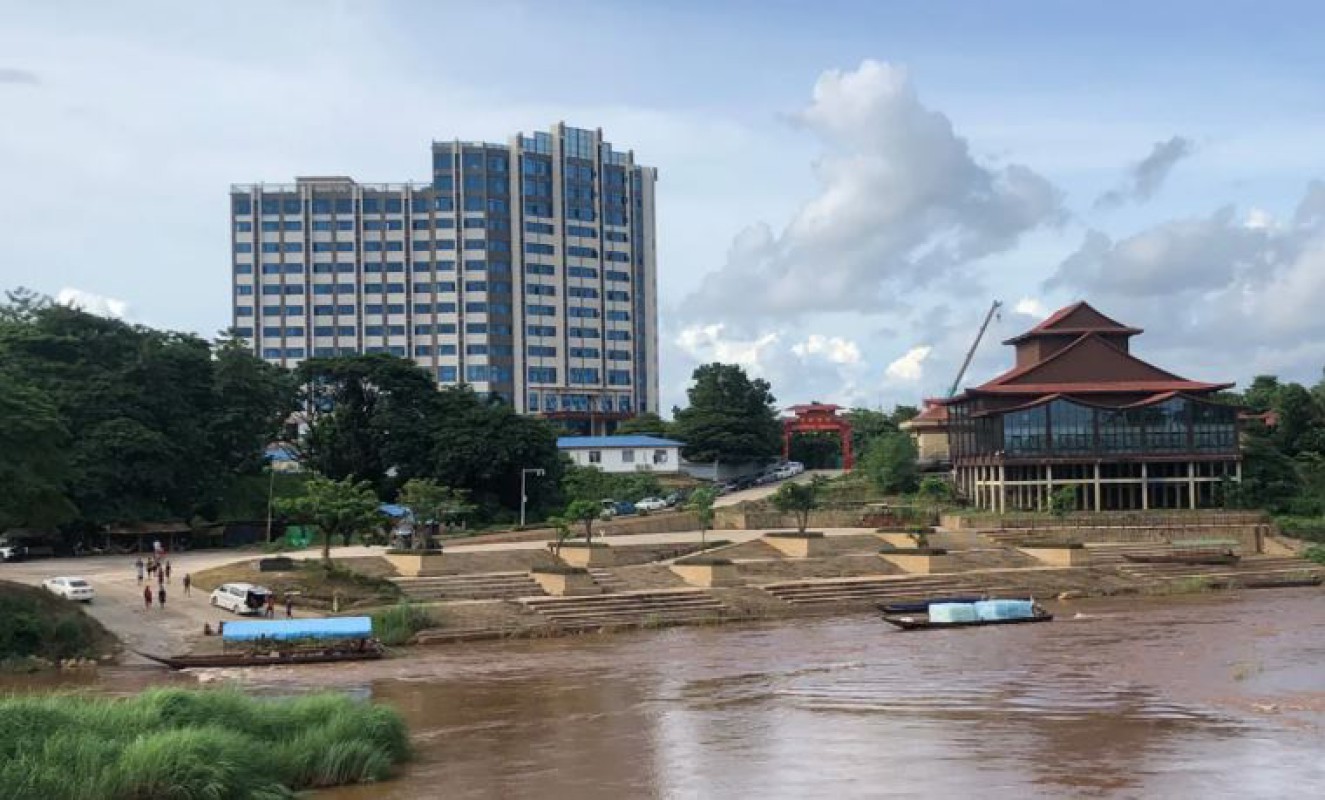Myanmar’s Kayin borderland: Not primary root of telecom frauds but rather a location

475

Tun Mon Thet (NP News) - Jan 19
Online scams, a modern form of human trafficking, have emerged as a growing network across Southeast Asia, serving as hubs for scams, telecom fraud, and slavery. Recent international headlines have focused on scam centers operating in Myanmar, particularly along the Thai-Myanmar border. However, all previous crime scenes with related to online scams in the region occurred within Thailand's territory.
Victims were rescued by Thai police on Thai soil, although Thai police emphasized that "no Thai nationals were involved in the trafficking."
The current instability in Myanmar, marked by military conflicts, political disputes, and widespread unrest, provides a convenient pretext for Thai police to attribute responsibility for these transnational organized crimes to Myanmar.
The disappearance of Chinese model Yang Zeqi and a female Chinese national occurred in early January 2025 just days after Thai police rescued a Chinese actor. Thai police claimed that victims were rescued from a scam center in Myawaddy, Myanmar.
However, no evidence suggests that the abductions occurred within Myanmar's territory. Testimonials of both the Chinese actor and the model clearly indicate they were lured to Thailand under the pretense of work opportunities and were subsequently kidnapped after arriving at the Thai airport.
Despite rescuing and aiding the Chinese victims, Thai police failed to provide concrete evidence to substantiate claims that the scam centers are located in Myanmar, instead resorting to placing all the blame on Myanmar.
Addressing the issue, U Khin Maung Zaw, joint secretary of the Myanmar Institute of Strategic and International Studies and vice-chairman of the Myanmar Press Council, stated:
“It is essential to determine where these activities took place. The scam centers may or may not be located in the Kayin borderlands; even if so, these areas are merely used as bases for illegal operations. It is unlikely that Myanmar BGF (Border Guard Forces) groups are involved in these activities. In reality, the perpetrators are Chinese online scammers. The very nature of online scams involves exploiting territories where rule of law is weak or nonexistent.”
Following reports of human trafficking involving three Chinese nationals, another case emerged involving a Taiwanese victim abducted in Myanmar via Thailand. The 27-year-old, Hsieh Yueh-peng, disclosed that he first arrived in Bangkok and was subsequently kidnapped in Thailand. He shared detailed accounts of his experiences in the scam center through regional media outlets.
However, a crucial aspect remains unclear in these reports about the rescue of online scam victims. How did Thai and Taiwanese authorities carry out the rescues? Did they reach the scam centers in Myanmar and extract the victims directly, or did the victims escape independently? This significant part of the stories remains conspicuously absent.
The clear reality is that the victims were kidnapped in Thailand territory and subsequently rescued by Thai police. Thai authorities are now working to restore the safety and appeal of Thai tourism, particularly after numerous Chinese tourists canceled their travel plans to Thailand for the upcoming Chinese New Year.
To effectively address the issue, Thailand should exert operative measures to combat and dismantle online scams rather than placing sole blame on Myanmar. Strong government-to-government collaboration is essential to suppress these cross-border and transnational organized crimes.
Commenting on the matter, U Thein Tun Oo, executive director of the Thayninga Strategic Institute, stated: “There are numerous armed groups and conflicting interests among these groups in the border areas between Thailand and Myanmar. Meanwhile, this situation seems to be used as a pretext to target and remove an armed force allied with the Myanmar government.”
U Thein Tun Oo further emphasized that the governments of Myanmar, China, and Thailand should address this issue through cooperation at the central level rather than relying on lower-level engagements, as the problem is escalating. He added, “Myanmar authorities must take an active role in resolving this issue. Without their proactive participation, it will be challenging to resolve the matter in a timely manner.”
What is more, Chairperson of the Arakan Front Party and a renowned political figure, Dr. Aye Maung remarks, “The Myanmar government, BGF, Thailand and China should collaborate actively to combat human trafficking and cross-border crimes along the Thai border, including the Shwe Kokko area, which are linked to the operations of scam centers.”
“Diplomatic tactics should take the leading role in addressing this issue. Following that, the Ministry of Home Affairs and Border Affairs should step in as the second line of action. Finally, special task forces should be deployed as the third line of defense to effectively tackle the problem,” he added. –